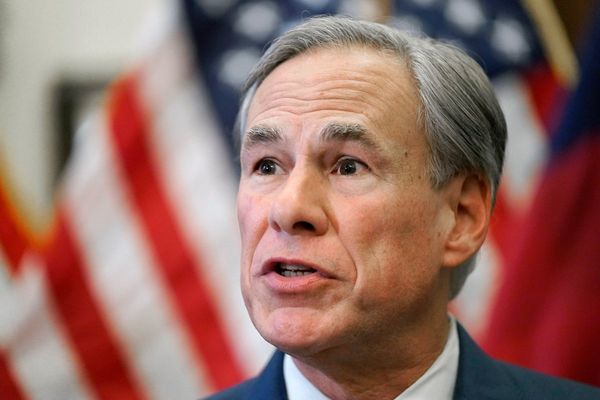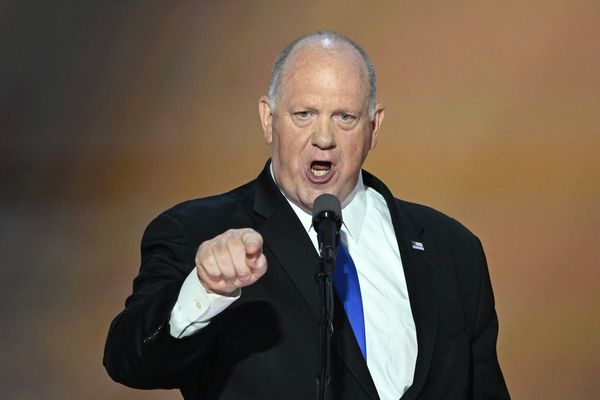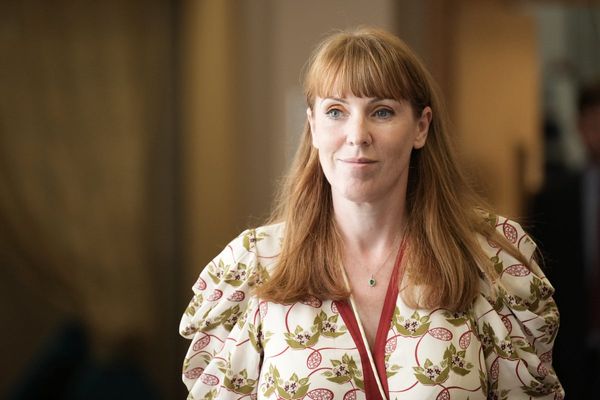
Good morning,
As markets watch for news from the Fed today, some executives think there may be “a more painful time ahead,” and everyone involved in capital markets has to be prepared for what’s to come.
That's what finance leaders discussed in a panel session on Monday during the annual Milken Institute Global Conference in Beverly Hills. CEOs talked about the state of the global financial markets and also gave their assessments on interest rates in the U.S. and where the business environment is headed.
Citigroup CEO Jane Fraser: “What we're seeing in our credit card business is, while the spending is coming down, the services side is incredibly strong. In the U.S., you still have a trillion dollars of excess savings sitting in the top two quintiles of depositors. Americans like spending money and don't like [to stop] spending money. That’s driving tightness in the labor market. Even though it is clearly softening, even though credit will tighten, a resolute Jay [Powell] will probably stay resolute in making sure that inflation is brought under control. We need him to, but I fear, therefore, a more painful time ahead than the market would like.”
Rishi Kapoor, Co-CEO, Investcorp: “I think our view is that the Fed basically is in the gentlest, but most firm manner possible, telling us one thing and one thing alone—scale back your hiring plans, scale back your spending plans; we need the economy and the demand to slow down. And they will not stop raising rates until they see that. Is the pace of rate increases going to be the same torrid pace as we saw in 2022? Highly unlikely. And also highly unlikely that we are going to see rate cuts later this year as being priced into the markets, apparently. Rates will be high for long.”
"Now for us, we're using a 444 regime, where we say baseline, expect a relatively modest low level of unemployment at around 4%; inflation running higher than the central bank targets of around 4% but also interest rates higher than the widely accepted, neutral rate at about 4%. With that 444 mindset, what you're really looking to capture is, there is the macro backdrop supported by long-term secular trends that will inevitably offset the noise.”
Robin Vince, president and CEO, BNY Mellon: “The capital markets, all participants, whether they be governments, private funds, banks, everybody has to prepare for the eventuality that ‘hey, maybe we did have a significant economic contraction and rates have to go down a lot,’ or ‘maybe not, and inflation is sticky, maybe it does have to go up higher than just the one more rate rise.’ I think being in the preparedness business, and being able to withstand all of those outcomes is an incredibly important lesson that we should have all learned over the course of the past few months, whether it was what happened in the U.K. last year, whether it's what happened in the events of March.”
David Hunt, president and CEO, PGIM: “I think that without a doubt rates are going to be higher for longer than what's priced into the market right now. And as our chief economist likes to say, at higher rates bodies will continue to float to the top over the course of the summer.”
Sheryl Estrada
sheryl.estrada@fortune.com







